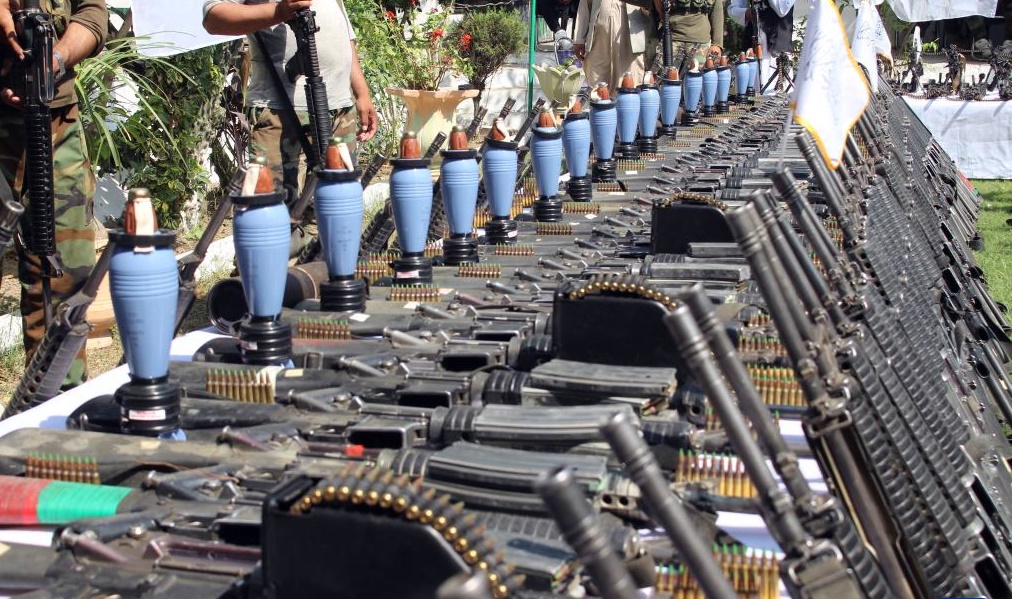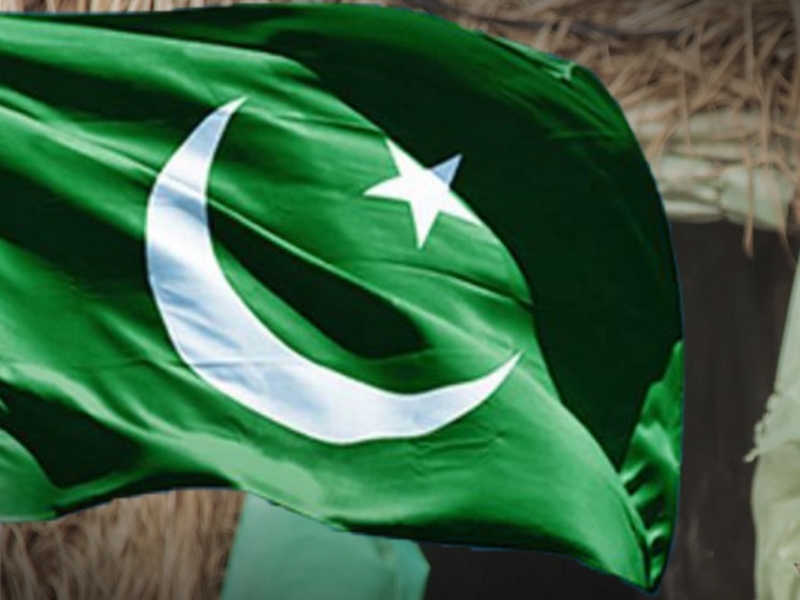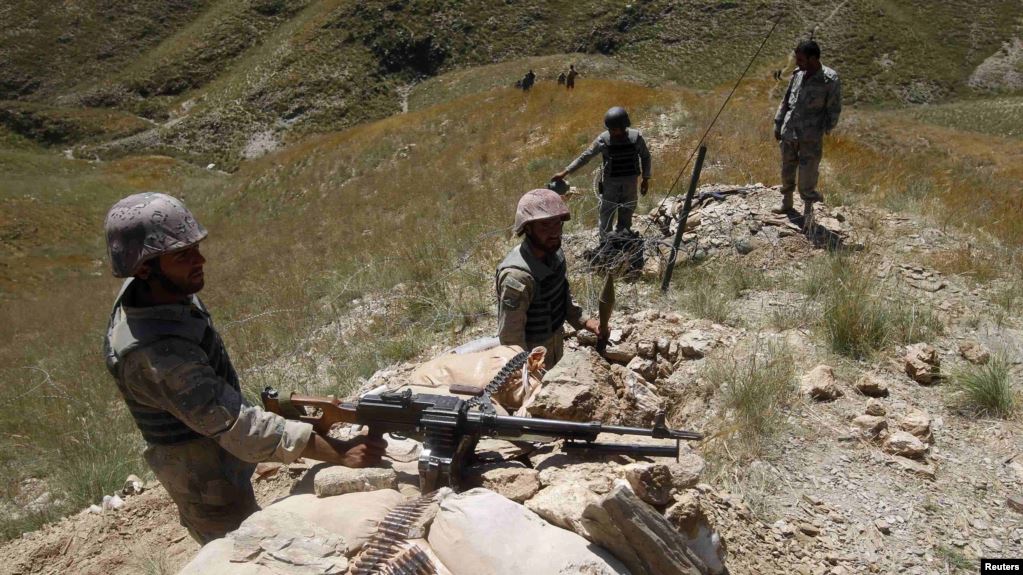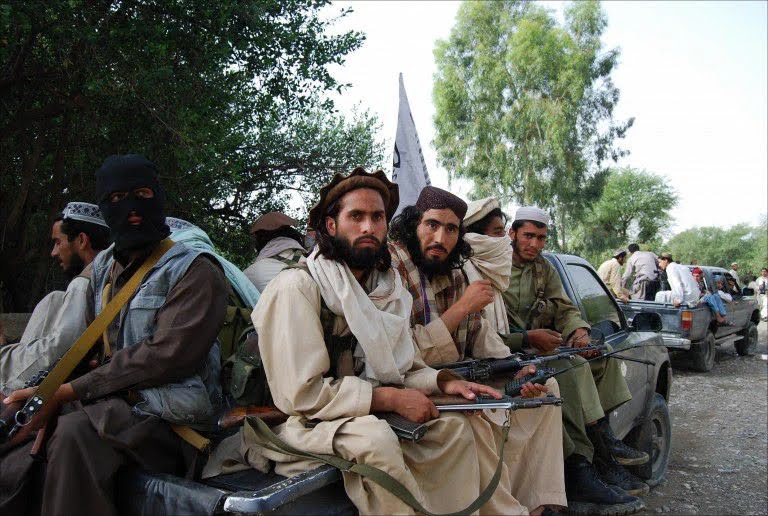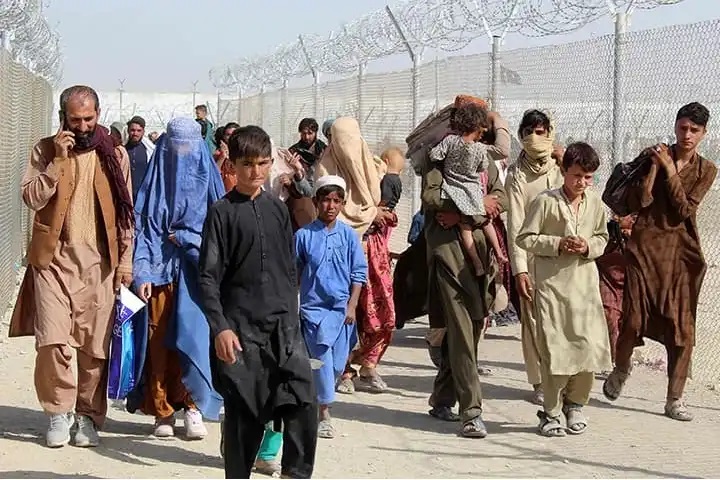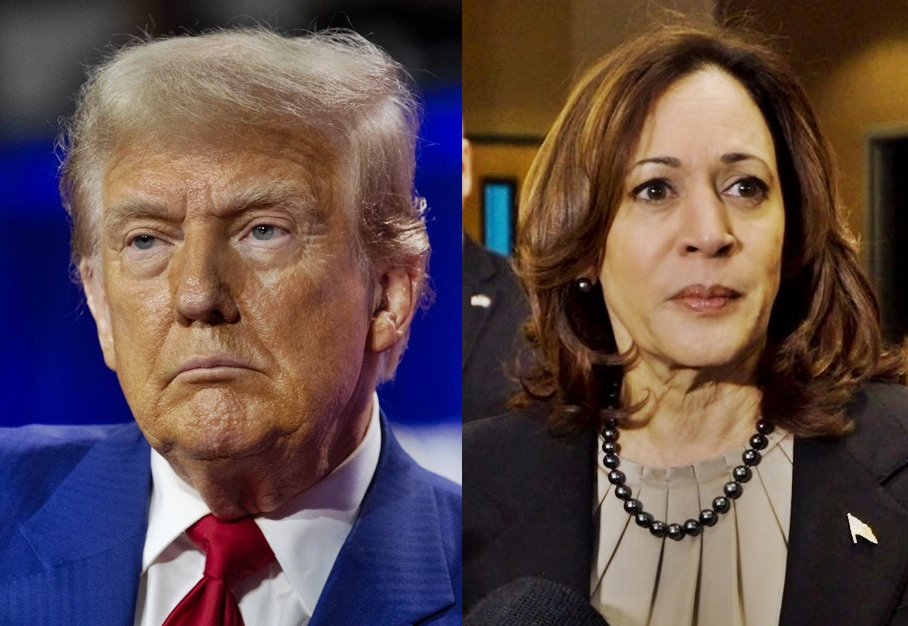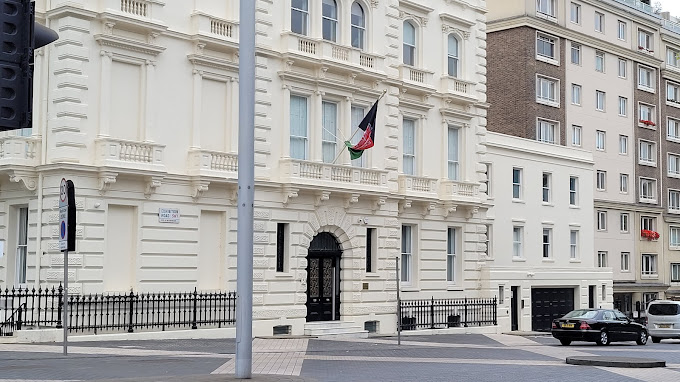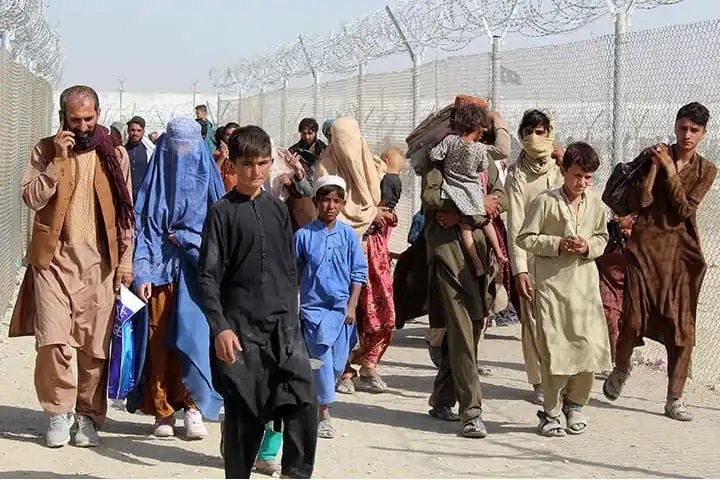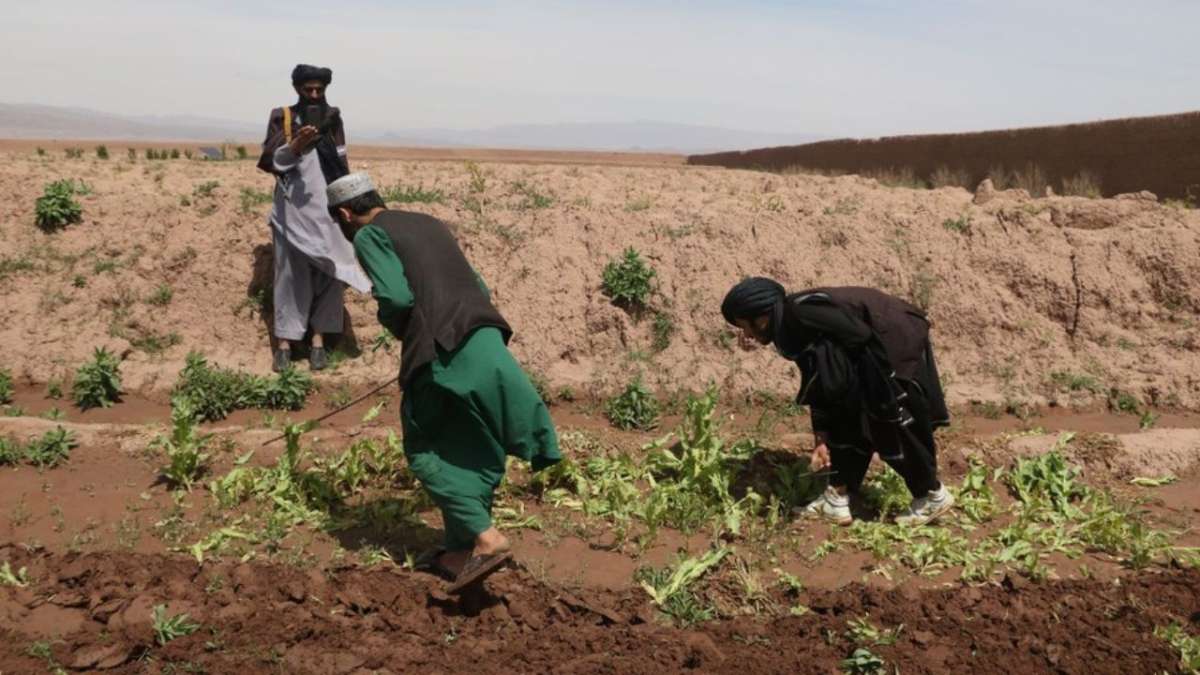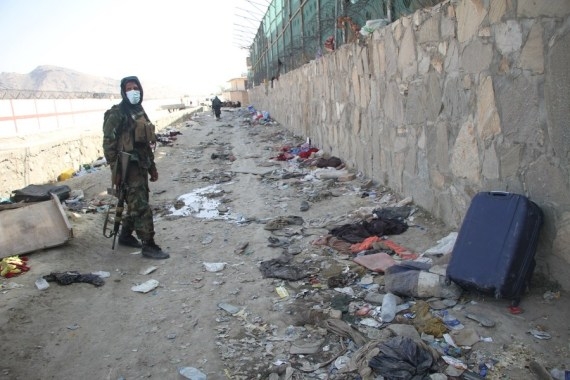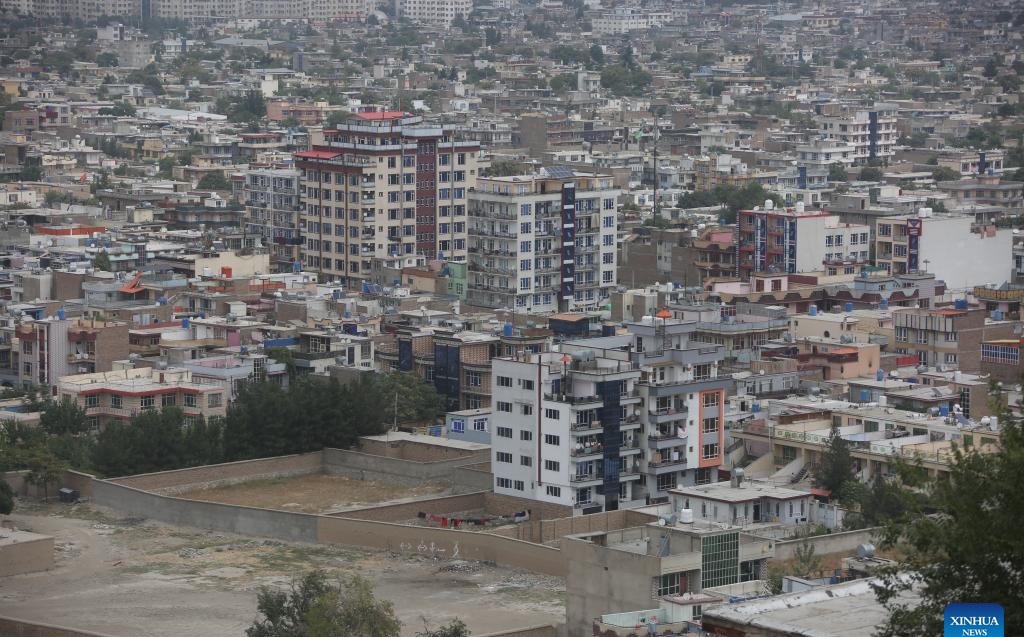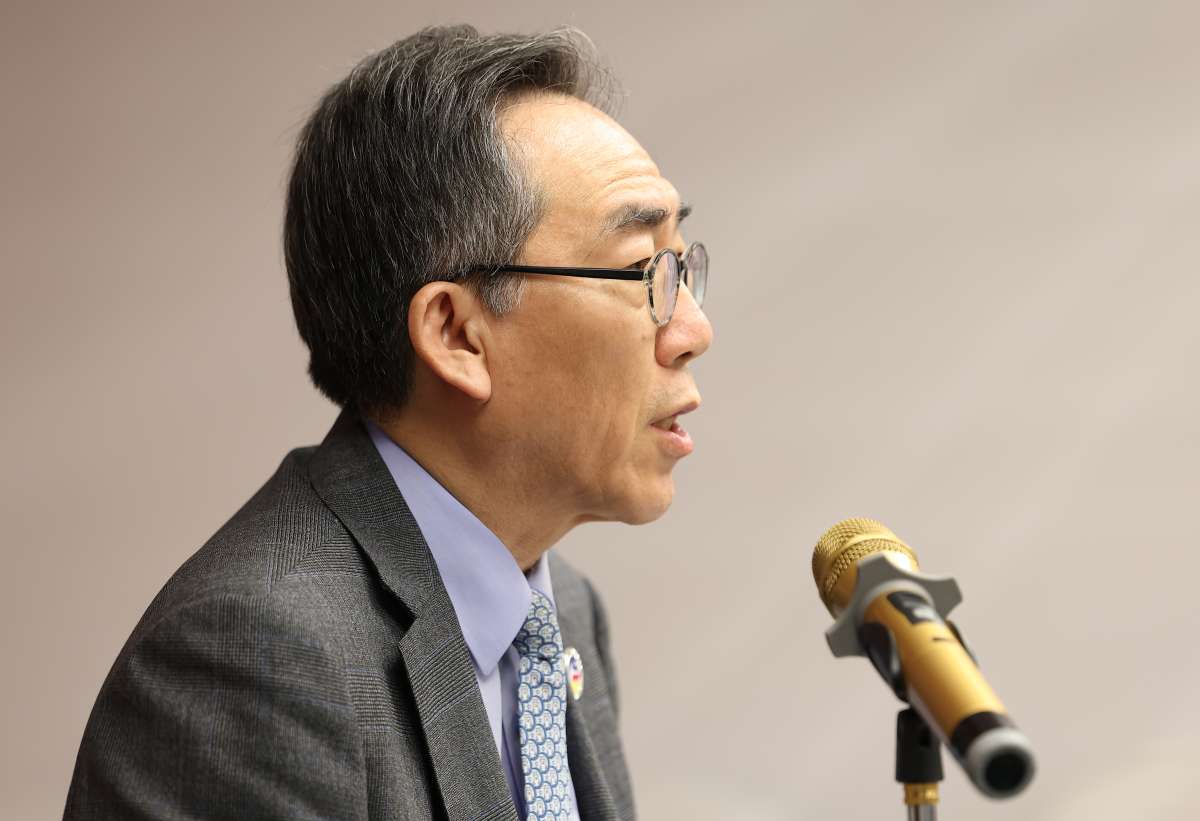Fifteen people were arrested in connection with the case and their dossiers were referred to the judiciary for further investigation…reports Asian Lite News
The Afghan security forces have seized a large amount of weapons and military equipment during a series of operations in the past three months in southern Afghanistan’s Helmand province, the provincial police office said in a statement.
The contraband, which included nine Kalashnikovs, 41 pistols, two AK-47 rifles, six US-made M16 machine guns, five grenades, 15 various types of mines, and a quantity of war equipment, such as cartridges and bullets, Xinhua news agency reported, quoting the statement.
Fifteen people were arrested in connection with the case and their dossiers were referred to the judiciary for further investigation, it said.
The Afghan caretaker government, which vowed to collect arms and ammunition from anyone outside the security forces, has discovered and seized thousands of light and heavy weapons including tanks since it took over power in Afghanistan in August 2021.
Taliban suspends polio vaccination
The United Nations (UN) announced on Monday that the Taliban has suspended all polio vaccination campaigns in Afghanistan.
UN agencies said that they were notified about the suspension just days before the scheduled September immunisation campaign, though no official reason was provided.
Representatives from the Taliban-led government did not comment on the situation immediately.
Afghanistan and Pakistan remain the only two countries in the world where the spread of the paralysing and potentially fatal disease has not been eradicated.
Despite the polio eradication programme’s continuous efforts in Afghanistan, the last phase of the campaign to achieve polio-free status has faced significant challenges.
Over the past three years, the number of polio cases have risen in the country, with the virus spreading to provinces that had remained free of the disease for an extended period.
UNICEF, in collaboration with the Ministry of Public Health (MoPH), the World Health Organization (WHO), and various non-governmental organisations, has been working through the Emergency Operating Centre (EOC) to explore innovative methods to ensure every child is reached with vaccines.
The focus was also on building trust and demand for vaccination campaigns among the population.
So far, 16 Afghan provinces have been affected, with a total of 56 cases of Wild Poliovirus type 1 (WPV1) reported.
The southern region of Afghanistan remains the most severely impacted, accounting for 66 per cent of the country’s total polio cases in 2020.
Despite the ongoing challenges, the polio programme has ensured 100% adequacy of vaccine supplies for all polio-related activities, including immunisation campaigns, case responses, and the deployment of Permanent and Temporary Teams (PTT).
The successful introduction of vaccines such as mOPV2, mOPV1, and tOPV for case response campaigns has been made possible through capacity building in vaccine management and accountability.
Even during the Covid-19 pandemic, the polio programme managed to conduct three National Immunisation Days, two Sub-National Immunisation Days, and three Case Response Campaigns across Afghanistan.
However, the current suspension by the Taliban adds uncertainty to future vaccination efforts, raising concerns about the ongoing fight to eliminate polio in the country.
ALSO READ: Afghan embassy to close as Taliban sacks all staff

